Modern Day
As previously mentioned, Theodor Geisel became of the most influential children’s authors ever. He learned lessons throughout his career that shaped the structure of his writing. In the end, he corrected past mistakes from his cartoons by writing books with valuable lessons of kindness.
Seuss was often crude and racist towards Japanese Americans with many of his political cartoons. Richard Minear - a professor of Japanese History at UMass Amherst - believed that the creation of Horton Hears a Who! was an attempt to undo his wrongs. The message that Seuss was illustrating to children was the importance of compassion and recognition for others. The book’s plot is an elephant discovering a whole hidden world he had no idea existed.
Horton Hears a Who!, 1970 YouTube
"I conceived the idea of Horton Hears a Who! from my experience there [in Japan]...Well Japan was emerging...and running their own lives-and the theme was obvious: 'A person's a person, no matter how small.'"
- Dr. Seuss, Dr. Seuss Goes to War
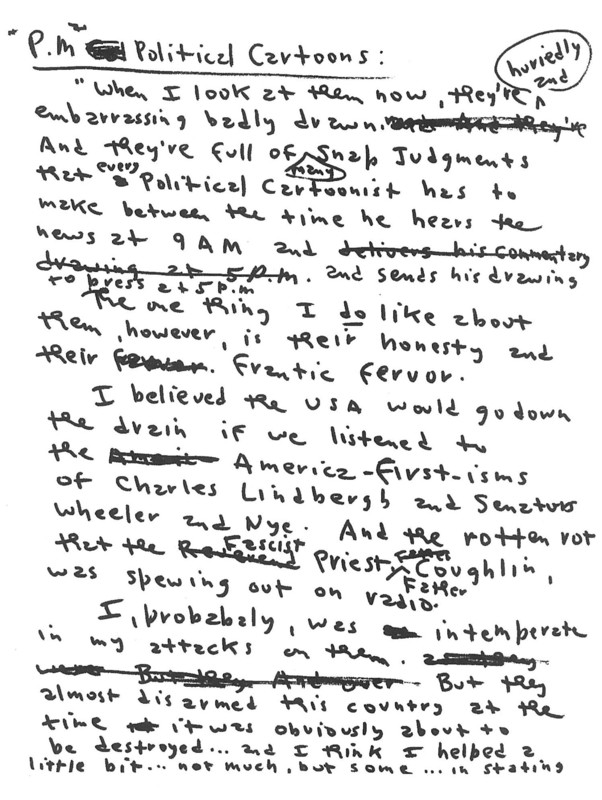
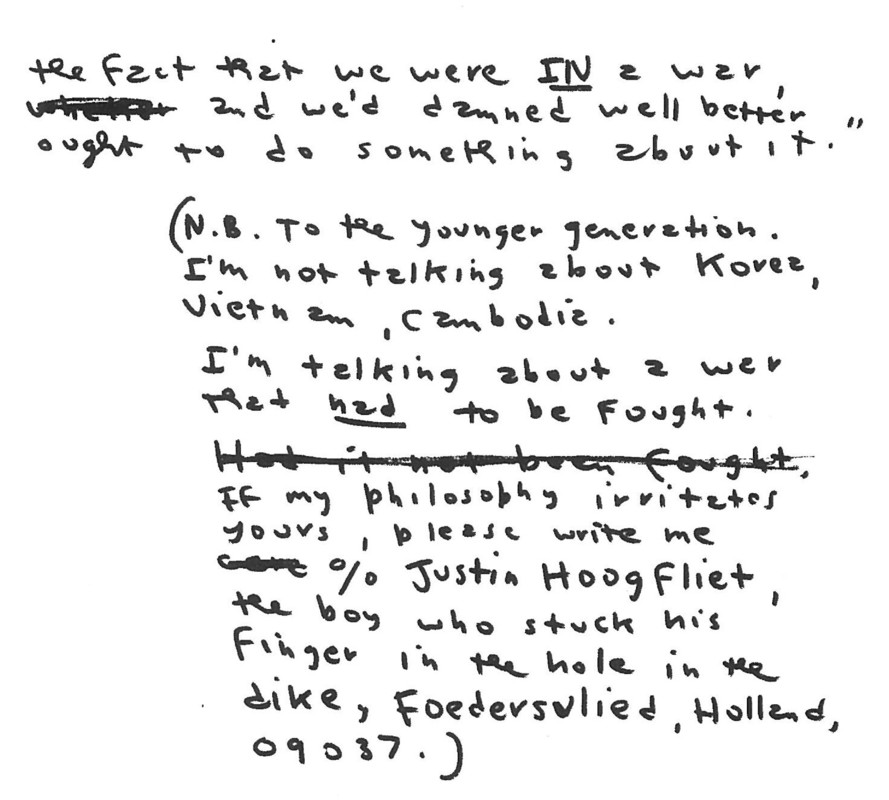
"When I look at them how, they're hurried and embarrassing badly drawn, and they're full of snap judgements that every political cartoonist has to make between the time he hears the news at 9AM and delivers his commentary at 5PM."
- Theodor Geisel
Ted Geisel Apology for PM Cartoons, The Asian Pacific Journal
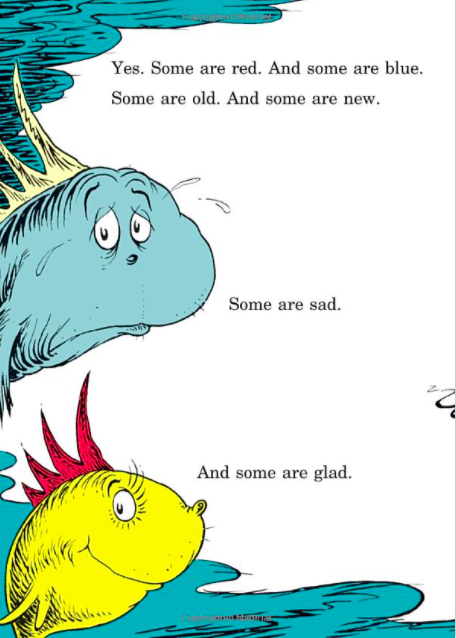
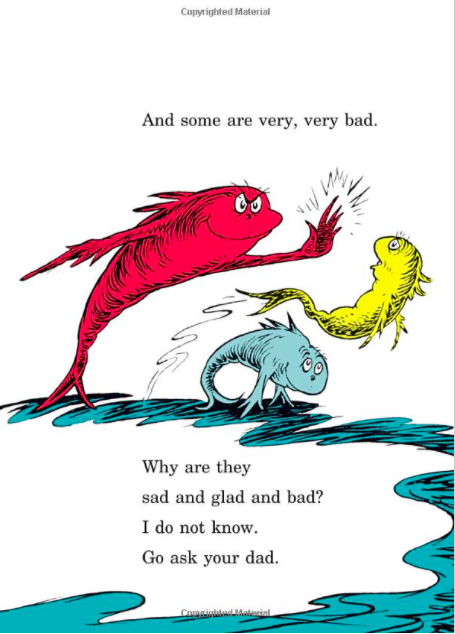
One Fish, Two Fish, Red Fish, Blue Fish, Dr. Seuss
Above all, Dr. Seuss wanted to illustrate learning and development throughout every single book. One Fish, Two Fish, Red Fish, Blue Fish, demonstrates curiosity and a love for counting and observation. The book highlights a child’s journey through finding new fish.
Although Geisel passed away in 1991, his legacy will forever live on. Recently, many movies were made from his books to introduce the younger generations to the purity and valuable lessons of Dr. Seuss.
Dr. Seuss' The Lorax, 2012, Fandango
"But now,...now that you're here, the word of the Lorax seems perfectly clear. UNLESS someone like you cares a whole awful lot, nothing is going to get better. It's not."
-Dr. Seuss, The Lorax
"We continue to encourage our young readers to read all types of books that are inclusive, diverse and reflective of our student community, not simply celebrate Dr. Seuss. Seuss books have not been banned and are available to students in our libraries and classrooms, however, Dr. Seuss and his books are no longer the emphasis of Read Across America Day in Loudoun County Public Schools."
- Report from the Loudoun County Public School District
However, many of his books are deemed racist, thus having President Biden and the NEA move towards celebrating Read Across America day as, “Diversity, not Dr. Seuss.”
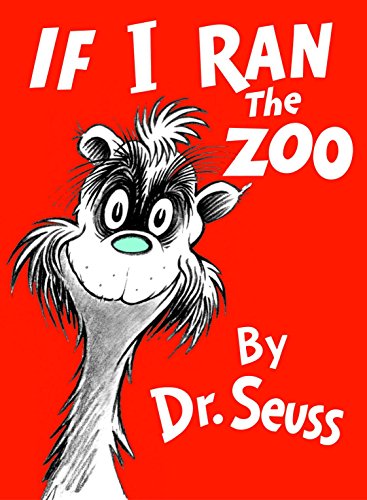
Seuss, 1950
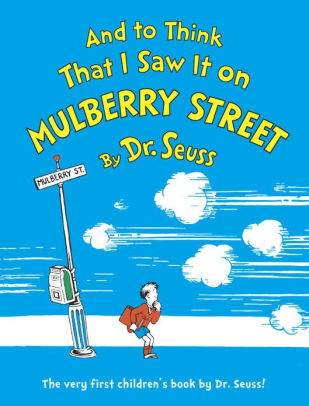
Seuss, 1937
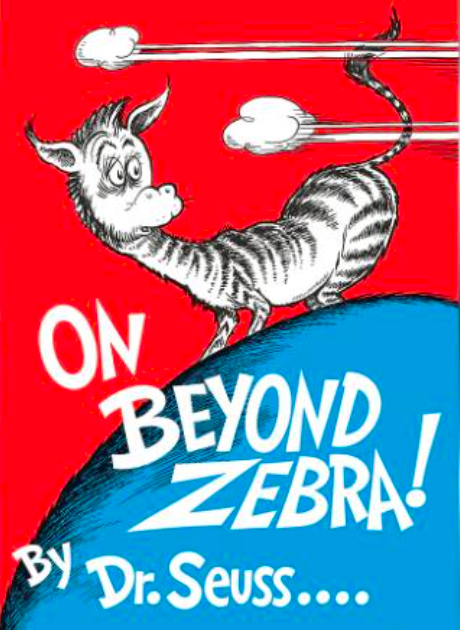
Seuss, 1953
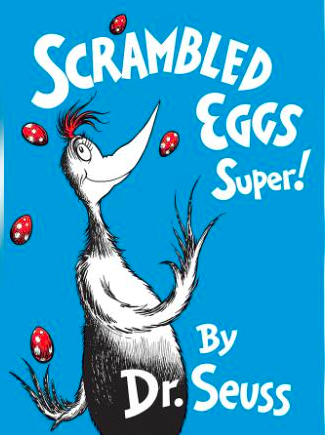
Seuss, 1955
“These books portray people in ways that are hurtful and wrong. Ceasing sales of these books [If I Ran the Zoo, And to Think That I Saw It on Mulberry Street, On Beyond Zebra! and Scambled Eggs Supper!] is only part of our commitment and our broader plan to ensure Dr. Seuss Enterprises’ catalog represents and supports all communities and families,”
- Dr. Seuss Enterprise
Overall, his career as a political cartoonist and time in World War II dramtically impacted his work and led to his success at teaching us to be kind.
"Many of today’s top visual artists, poets, filmmakers, and authors cite Ted as one of their greatest influences. Indeed, what Walt Disney was to entertainment, Theodor Seuss Geisel was to art and literature."
- Robert Chase Jr., Beyond Writing Children's Books, Biography